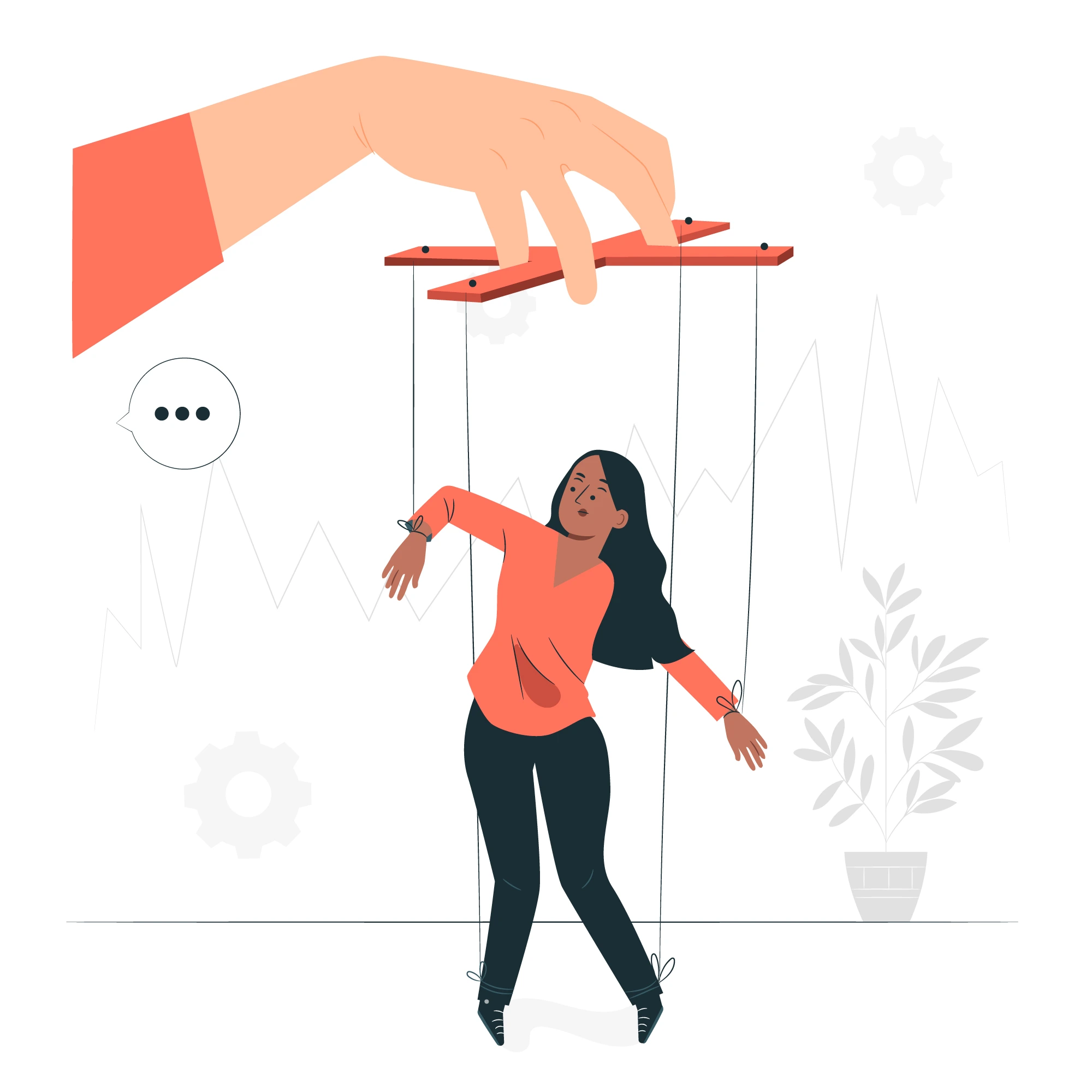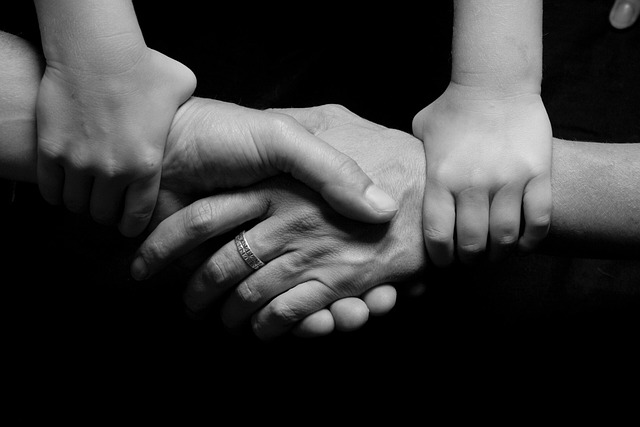There is a subtle yet powerful form of control that doesn’t rely on threats, yelling, or direct force. Instead, it works through guilt, shame, and fear—the fear of being seen as a bad person, the fear of rejection, the fear of disappointing someone. When someone can get you to do what they want by making you feel guilty, selfish, or ashamed for not complying, you are not in an equal relationship. You are being controlled, whether they realize it or not.
This kind of manipulation can be hard to spot because it often masquerades as concern, love, or morality. It doesn’t always come from people who are intentionally trying to hurt or manipulate you. Sometimes, it comes from those who believe they have your best interests at heart, or from people who are simply acting out of their own wounds and fears. But regardless of intent, the result is the same: you begin making decisions based on avoiding guilt and shame rather than honoring your true needs and values.
Tactics of Unconscious Control
Unconscious control isn’t always loud or obvious. It often appears in subtle yet deeply effective ways that keep you hypervigilant, second-guessing yourself and walking on eggshells.
Some of the most common tactics include:
-
The Silent Treatment – When you assert a boundary or do something they disapprove of, they withdraw completely. They stop talking to you, act cold, or pretend you don’t exist, creating anxiety and making you feel like you have to apologize—even if you did nothing wrong.
-
Emotional Withholding – They withhold affection, validation, or kindness when you don’t comply with their expectations. You suddenly feel like you’re being punished, even though no words were spoken.
-
Guilt-Tripping – They make statements like “After all I’ve done for you, this is how you treat me?” or “If you really cared about me, you wouldn’t do this.” Instead of addressing issues directly, they make you feel like a bad person for making choices that don’t align with their wants or expectations.
-
Playing the Victim – They portray themselves as helpless or suffering because of your choices. They might exaggerate their distress or make it seem like your actions are causing them immense pain, even when you are simply setting healthy boundaries.
-
Moral Superiority – They frame their wants ands expectations as the “right” or “moral” choice, making you feel like your own needs and choices are selfish or wrong. You start questioning yourself: Am I really being unreasonable? Am I a bad person for wanting this?
-
Subtle Threats – Without explicitly saying it, they imply that your decision could lead to dire consequences, like losing the relationship, being abandoned, or making them deeply unhappy. “If you do this, I don’t know if I can be around you anymore.”
When these tactics are used, the power dynamic shifts. You are no longer acting from a place of autonomy, personal will or conscious choice, but from a place of manipulation through fear—fear of upsetting them, fear of being the bad person, fear of being wrong or immoral, fear of losing love and connection. In this dynamic, you are not an equal. You are being managed, molded, and controlled.
What a Healthy Dynamic Looks Like
True connection—whether in romantic relationships, career interactions, friendships, or family dynamics—does not rely on fear, guilt and shame as tools of influence. A healthy relationship or interactions involves communication and allows space for personal choice, disagreement, and autonomy without the threat of emotional punishment. In a healthy relationship:
- You can say “no” without being made to feel guilty.
- You are respected even when you make choices that others don’t agree with.
- You are not required to sacrifice your well-being to keep someone else happy.
- You do not live in fear of emotional retaliation, silent treatment, or passive-aggression.
- Communication and clarification rather than assumption is valued.
Healthy relationships are built on mutual respect, not silent punishments or guilt-driven obligations. Love, care, connection and interactions should not feel like something you have to earn and maintain by constantly managing someone else’s emotions.
How to Break Free from Unconscious Control
The first step to breaking free is awareness. Ask yourself: Am I making choices out of guilt, shame, fear, or a need for approval? Am I hypervigilant about this persons wants, needs and emotions? Do I feel like I have to manage this person’s emotions in order to be loved or accepted? If so, you may be in a dynamic where unconscious control is at play.
Next, begin reclaiming your autonomy by:
-
Recognizing the Pattern – Once you see how guilt and shame are being used against you, it becomes easier to detach emotionally and make decisions based on your own values.
-
Setting Boundaries Without Apologizing – You don’t need to justify or over-explain your boundaries. Simply stating, “I understand this upsets you, but this is what I need,” is enough.
-
Tolerating Discomfort – People who use these tactics will likely push back when you stop responding to them. They may escalate their guilt-tripping or silent treatment. Stand firm. Their discomfort is not your responsibility.
-
Practicing Emotional Detachment – The more you disengage from their manipulative tactics, the less power they have over you. Remind yourself that their reaction does not define your worth.
-
Choosing Relationships That Honor Your Autonomy – Surround yourself with people who respect your choices, even when they don’t like them. The right people will never need to manipulate you to keep you close.
Breaking free from unconscious control is not about becoming unloving, uncaring, distant or unkind. It’s about recognizing the difference between love and manipulation, between genuine connection and emotional coercion. Relationships or interactions should never feel like a transaction where you have to prove yourself worthy through sacrifice or self-abandonment.
At the end of the day, the only person who should have control over your choices is you. And the people who genuinely want to love, connect or interact with you will never need to manipulate, guilt, or shame you into staying close or adhering to there wants and needs. They will respect your autonomy, your boundaries, and your right to live as your full, authentic self.
Equal relationships honor each other equally, and rely on communication, conscious consent and mutual agreement.













